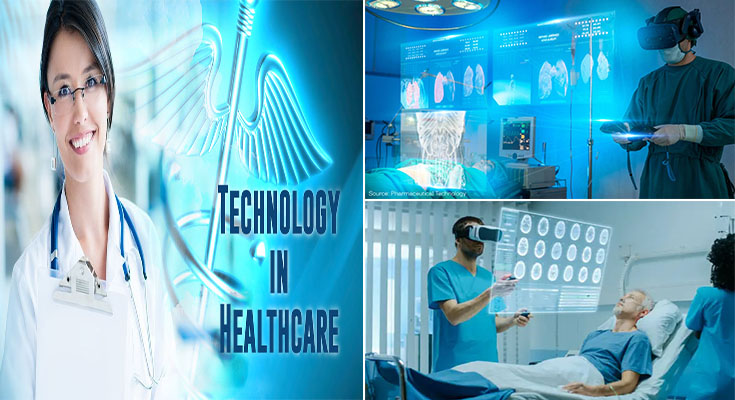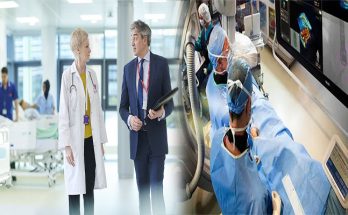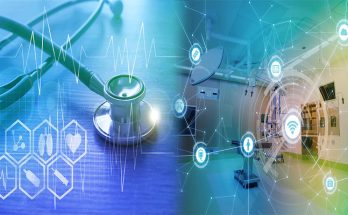Technology is reshaping health education, and its role in clinical care will be critical. Wearable technologies, such as iPads, will allow healthcare professionals to easily access patient records, radiologic images, and other information. These devices will become essential clinical tools, and they will help paramedics better serve patients in the event of an emergency. In addition, these devices will enable students to work together more effectively and integrate into teams.
Technology in Healthcare is Transforming Learning Processes
It has revolutionized the way people learn and consume information. The rise of the Internet and social media has changed the way students and healthcare professionals communicate. With an influx of new tools, healthcare professionals can now improve their skills and knowledge without spending a lot of time in the classroom. Moreover, technology allows medical professionals to conduct research, collaborate with their peers, and learn from their own pace.
A plethora of tech-based educational resources has emerged to help healthcare professionals. These include VR and AR. The virtual environment helps learners simulate realistic situations, which is vital for their learning. Through these simulations, healthcare workers can gain valuable insights. The added benefit of technology is that it is fun to learn about a new subject. However, this innovation may cause ethical issues. The potential risks involved in working on a live patient can outweigh the benefits.
Advances in technology have facilitated the development of new methods of healthcare. It has also made it possible for healthcare professionals to improve their education. Standardized training practices have also made it easier to train other professionals. Through tech-based systems, workers can help themselves in their daily activities. As a result, the role of technology in health education is becoming increasingly important. It is no longer necessary to limit the scope of healthcare. It can help patients and the communities that serve them.
Technology is a Vital Tool in Healthcare
It can enhance patient education by enhancing the delivery of health care and facilitating the exchange of information. It has also revolutionized the way we live and learn. With the advent of digital media, technology has become the most prevalent and accessible form of communication in the world today. Using digital tools in healthcare, doctors and students alike can access information, communicate, and build on their knowledge. In addition to making learning more accessible, technology can improve course design and content. It can also improve the quality of patient care. For instance, a student’s computer can access an image of a doctor in a hospital and can read it on their smartphone. A physician can see a patient’s face and hear the doctor’s voice, and thus give him or her medical care. Similarly, technology can help the community get access to specialized healthcare services.





